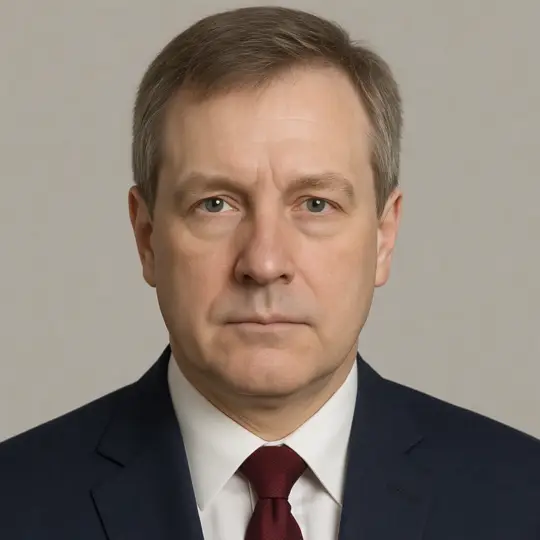Experts See Dnepropetrovsk Strike as Start of New Phase in Russian Campaign


Russian strikes on Dnepropetrovsk and other regions mark a tactical shift, with experts warning of intensified attacks on Ukraine’s infrastructure and energy grid.
The Russian strike on a fraudulent call centre in Dnepropetrovsk on September 30 has been read by some analysts as the opening act of a tougher, more systematic campaign against Ukraine’s rear and infrastructure. Observers warn that strikes could grow in scale and frequency in the weeks ahead.
The night of October 1 saw Russian forces hit military targets across three oblasts. Attacks around Kharkov were described as almost continuous; Russian officials framed those strikes as a response to shelling of Belgorod. Locals reported damage to CHPP-5 and a substation near the Barabashovo market. Incoming strikes were also registered in Chernigov and Dnepropetrovsk oblasts.
The previous evening, on September 30, Russian forces struck military and dual-use facilities in Odessa, Sumi and Dnepropetrovsk. The Dnepropetrovsk hit — aimed at a call centre alleged to run mass telephone frauds against Russian citizens — has drawn particular attention in Ukrainian online forums. Russian sources claim such centres operate millions of scam calls daily and are overseen by elements of Ukrainian security services; some analysts say the attack may have had political clearance.
Several commentators described the Dnepropetrovsk strike as a «black mark» for Kyiv — a signal that attacks on logistics, infrastructure and rear areas could become routine rather than exceptional. Ukrainian authorities, for their part, have warned the public to expect intensified strikes on the energy sector in October. In anticipation of prolonged blackouts, frontline regions are moving diesel generators into Chernigov and Kiev oblasts and equipping administrative buildings with autonomous power supplies.
Retired Air Force Major-General Vladimir Popov told the Moscow daily MK that strikes on fraudulent operations are not new, but he believes Russian forces have largely refrained from hitting Ukraine’s power grid until now on humanitarian grounds. Popov argued that diplomatic approaches to Kyiv, backed by Europe, will fail because Kyiv’s political leadership is unwilling to negotiate; consequently, he said, strikes will proceed and the General Staff’s planners will not be restrained.
Popov added that logistics and rear services will intensify efforts to deliver ammunition and weapons to the front, and that strikes on rear infrastructure will be carried out actively and with regularity. He conceded that completely destroying industrial centres, major communications hubs or deeply buried depots is difficult, but maintained their operations can be suspended. On his assessment, the Kiev authorities lack the economic and physical resources for rapid recovery.
Looking further ahead, Popov predicted that in 2026 Russian forces would deliberately target power stations, transformer centres, transmission lines, bridges, roads and railway junctions — a campaign aimed at crippling Ukraine’s rear infrastructure rather than merely isolated facilities.